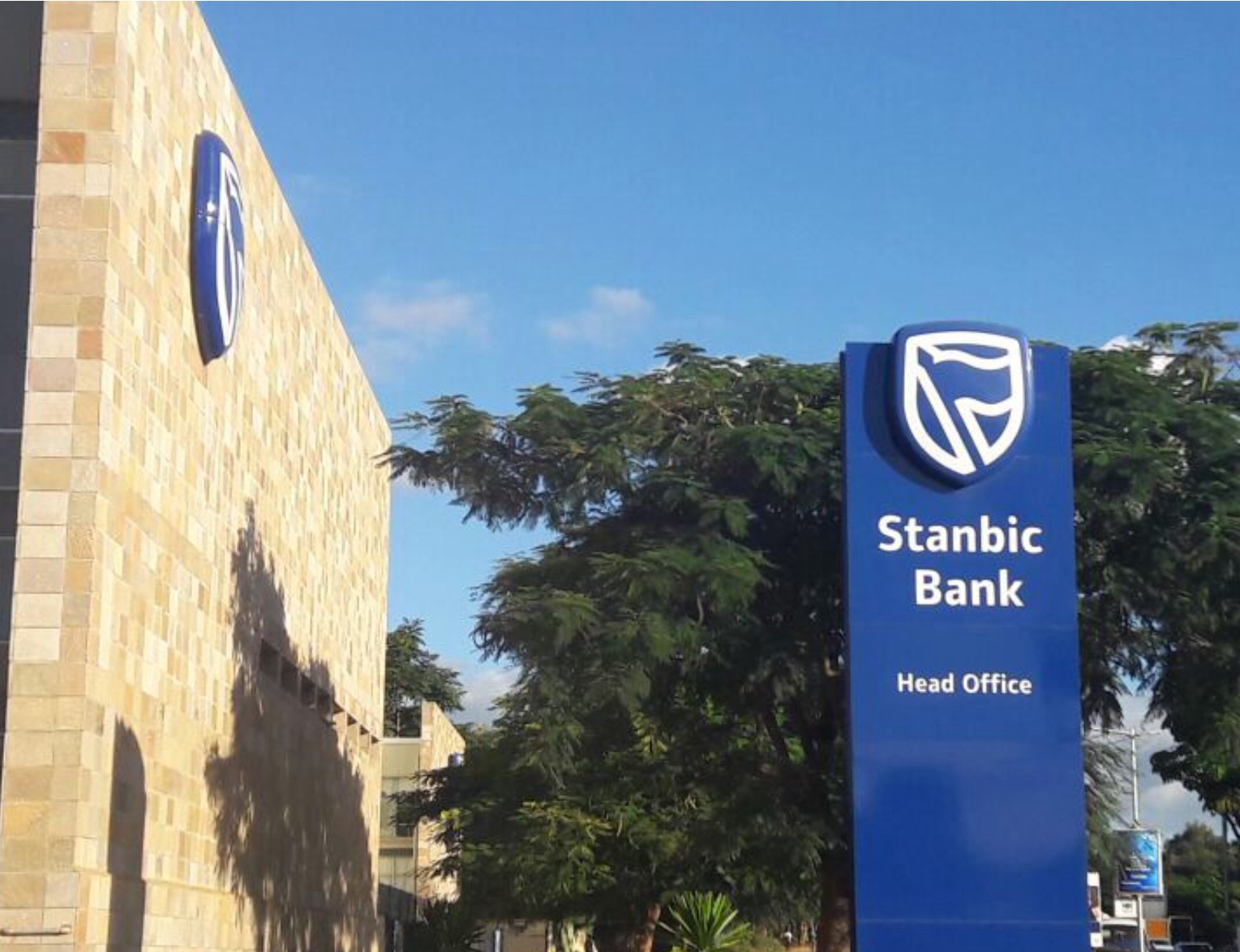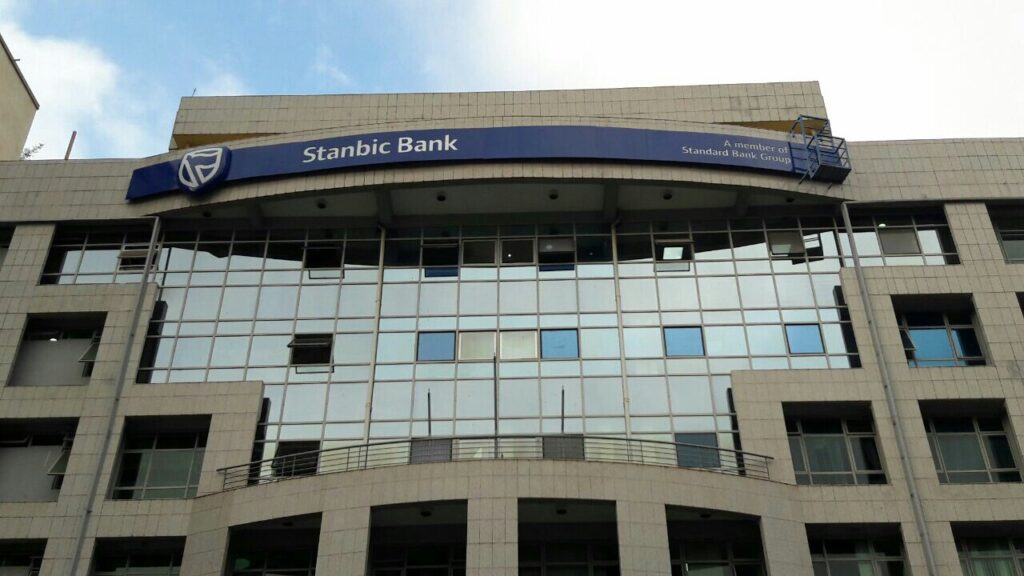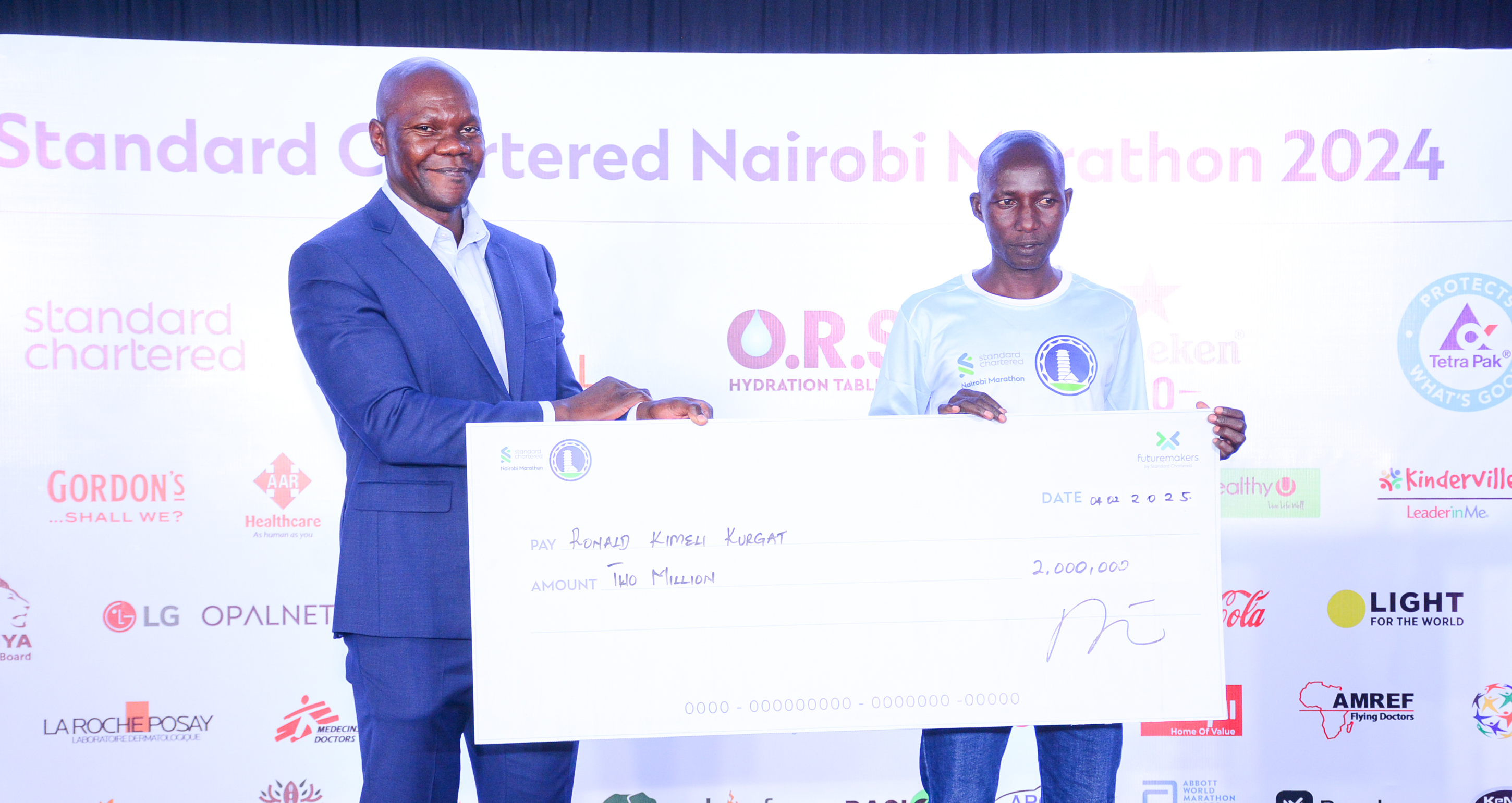
Christopher Legilisho, Economist-Standard Bank
Kenyan business conditions improved further as 2025 began, according to the Stanbic Bank Kenya PMI®, with expansions in output and new orders signalled for the fourth month running.
Activity growth nevertheless fell to its softest pace in this sequence, as businesses highlighted challenging economic conditions and a slowdown in client demand.
Price pressures remained solid, but moderated from December’s 11-month high. Firms responded by increasing their selling charges further, whilst staffing numbers dropped for the first time since last August.

The headline figure derived from the survey is the Purchasing Managers’ IndexTM (PMI). Readings above 50.0 signal an improvement in business conditions on the previous month, while readings below 50.0 show a deterioration.
The headline PMI recorded 50.5 in the first month of 2025, which was little- changed from a reading of 50.6 in December.
The index was above the 50.0 neutral mark for the fourth successive month, thereby extending the current
period of private sector growth.
Kenyan companies saw sustained upturns in their activity levels and new work intakes during January. Survey panellists commented that new client referrals, increased marketing, improved cash flow and an easing of inflationary pressures underscored the rise in sales.
Firmer stock volumes – as evidenced by a renewed uplift in purchased item inventories – were also cited as supporting activity.
Growth momentum regarding output and new orders faded somewhat.The latest data signalled that January’s rise in output was the weakest recorded in the current four-month expansionary sequence and only marginal. Sales growth also eased to its slowest since last October.
 As a result, Kenyan firms reported a milder uplift in purchasing activity at the start of the year. Similarly, employment numbers fell fractionally, ending a three- month run of growth in the final quarter of 2024.
As a result, Kenyan firms reported a milder uplift in purchasing activity at the start of the year. Similarly, employment numbers fell fractionally, ending a three- month run of growth in the final quarter of 2024.
Christopher Legilisho, Economist at Standard Bank commented:
“The Kenyan Purchasing Managers Index (PMI) expanded for a fourth month running in January but at a slightly weaker pace than in the two preceding months, reflecting the ongoing resilience of the private sector at the start of this year. Positively, firms reported increases in both output and new orders, implying higher sales, more marketing, client referrals, and lower inflationary pressures.
Firms were able to increase stocks purchased and inventories held — to cover higher sales as well as the future likelihood of difficulty
in finding materials.

Some firms nevertheless reported harsh economic conditions. Still, employment conditions were relatively stable.
“Kenyan businesses reported an increase in purchase prices for imported commodities, albeit a slower one than the preceding month, still attributed to higher taxes. Staff costs remained stable.
Output prices increased but less briskly so as firms passed on higher input and purchase prices to customers. We would therefore foresee a slight easing in inflationary pressure during January than was the case in December.
“The private sector’s confidence in January about the business outlook for the next 12 months remains weak, though better than in December.”
Most respondents kept their staffing levels unchanged.
On prices, the latest survey data offered mixed results in January.Overall input prices continued to rise at a solid pace, which companies largely attributed to the impact of higher taxation on imported material prices.
However, the rate of inflation softened from December when it reached its highest level since January 2024.
In many cases, firms reporting higher purchasing costs raised their selling charges accordingly. The overall increase was solid, but the softest
recorded in three months.

Finally, expectations for business activity over the next 12 months remained among the weakest observed on record in January, despite improving slightly since the end of last year.
Only 6% of surveyed companies gave a positive output projection, with strategic focuses such as new products and services and increased marketing activity reportedly driving these forecasts.
Output and demand
Optimism levels across the private sector economy remained weak in January. The Future Output Index posted one of its lowest readings since the survey began 11 years ago, although it was up slightly since December.
Roughly 6% of companies are hopeful of expanding their output over the next 12 months, with comments often revolving around new products and services and increased marketing activity.
Output
Kenyan firms registered an increase in output at the start of 2025, stretching the run of expansion to four months. That said, the rate of growth slowed for the second month running and was the weakest observed in this period.
Where an increase was recorded, panellists associated this with higher sales, greater marketing and firmer stock levels.
Some firms cited a fall in demand, however.
 New orders
New orders
New orders matched the output trend with a fourth successive monthly expansion in January. Client referrals, increased marketing,
improved cash flow and lower inflationary pressures were often cited by survey respondents as supporting sales.
However, challenging economic conditions faced by some businesses reportedly weighed on the rate of growth, which slipped to a three-month low and was only marginal.
Business expectations;
Optimism levels across the private sector economy remained weak in January.The Future Output Index posted one of its lowest readings since the survey began 11 years ago, although it was up slightly since December.
Roughly 6% of companies are hopeful of expanding their output over the next 12 months, with comments often revolving around new products and services and increased marketing activity.
Employment & Capacity
After a three-month run of expansion, staffing numbers fell over the course of January. The latest survey data nevertheless signalled
only a fractional reduction. Indeed, the vast majority of monitored firms (98%) kept their workforces stable since the end of last year.
Backlogs of Work
Kenyan firms were usually able to process orders in a timely manner in January. However, survey comments signalled that payment delays at some firms led to a slight increase in the overall level of unfinished business.
 The rise in backlogs followed a mild reduction in the previous month.
The rise in backlogs followed a mild reduction in the previous month.
Purchasing and Inventories
Quantity of purchases
Kenyan firms purchased more inputs at the start of 2025 according to the latest survey data. The quantity of purchases rose for the
sixth consecutive month, albeit to a modest degree that was the slowest seen in this sequence.
Anecdotal evidence signalled that a weaker upturn in sales had weighed on the rate of input buying growth.
Suppliers’ delivery times
Suppliers’ delivery times lengthened for the first time since July 2024 in the opening month of the year.That said, the vast majority
of respondents (99%) reported unchanged lead times. As such, the overall decline in supplier performance was only fractional.
Stocks of purchases
After declining for the first time in five months in December, stocks of purchases rose slightly in the latest survey period.A number
of firms chose to stock more inputs due to higher sales and concerns about future material availability, according to qualitative reports.
On the other hand, weaker order books at some companies led them to destock.

Prices
Purchase Prices
Input prices
Average input prices in the Kenyan private sector increased over the course of January. The rate of inflation was solid, but softened
from December’s 11-month high, and was less steep than seen on average over the series history. Underlying data suggested
that the drop in inflation was largely due to a slower rise in purchase prices.
Purchase prices
Kenyan companies reported another uptick in purchase costs at the start of the year. Comments from panellists signalled that
higher taxation had driven up prices for commodities and other imported items.
The pace of purchase price inflation eased from December, but was still the second-quickest in almost one year.
Staff costs
Wages and salaries were relatively unchanged during January, as the seasonally adjusted Staff Costs Index posted broadly in line with the neutral 50.0 mark. This was aligned with the general trend seen over the past year.
Output prices
Higher purchasing costs were often passed on to customers in the form of greater selling prices, according to survey respondents.
Subsequently, January data signalled a solid increase in average prices charged. The rate of inflation nonetheless lost pace and was the
slowest recorded in three months.

Survey methodology
The Stanbic Bank Kenya PMI® is compiled by S&P Global from responses to questionnaires sent to purchasing managers in a panel of around 400 private sector companies. The panel is stratified by detailed sector and company workforce size, based on contributions to GDP.
The sectors covered by the survey include agriculture, mining, manufacturing, construction, wholesale, retail and services.
Data were first collected January 2014. Survey responses are collected in the second half of each month and indicate the direction of change compared to the previous month. A diffusion index is calculated for each survey variable.
The index is the sum of the percentage of ‘higher’ responses and half the percentage of ‘unchanged’ responses. The indices vary between 0 and 100, with a reading above 50 indicating an overall increase compared to the previous month, and below 50 an overall decrease.
The indices are then seasonally adjusted. The headline figure is the Purchasing Managers’ IndexTM (PMI).
The PMI is a weighted average of the following five indices: New Orders (30%), Output (25%), Employment (20%),
Suppliers’ Delivery Times (15%) and Stocks of Purchases (10%).
For the PMI calculation the Suppliers’ Delivery Times Index is inverted so that it moves in a comparable direction to
the other indices.
Underlying survey data are not revised after publication, but seasonal adjustment factors may be revised from time to time as appropriate which will affect the seasonally adjusted data series.
For further information on the PMI survey methodology, please contact economics@spglobal.com






